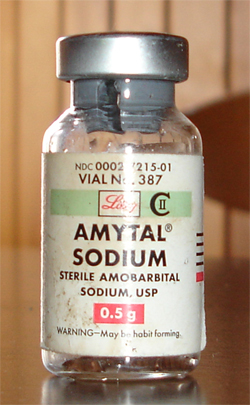 CLBB Faculty Member Joshua Buckholtz is one of 126 scholars awarded a Sloan Research Fellowship this year, and one of five from Harvard. Established “to stimulate fundamental research by early-career scientists and scholars of outstanding promise,” the award provides $50,000 to be applied however the recipients like: “Sloan Research Fellows,” according to the Alfred P. Sloan Foundation, “are free to pursue whatever lines of inquiry are of the most compelling interest to them.”
CLBB Faculty Member Joshua Buckholtz is one of 126 scholars awarded a Sloan Research Fellowship this year, and one of five from Harvard. Established “to stimulate fundamental research by early-career scientists and scholars of outstanding promise,” the award provides $50,000 to be applied however the recipients like: “Sloan Research Fellows,” according to the Alfred P. Sloan Foundation, “are free to pursue whatever lines of inquiry are of the most compelling interest to them.”
Fellowships are awarded in eight scientific fields—chemistry, computer science, economics, mathematics, evolutionary and computational molecular biology, neuroscience, ocean sciences, and physics. Applicants are nominated by fellow scientists and chosen through close cooperation with the scientific community.
According to the Harvard Gazette, Buckholtz will use the fellowship “to exploit new tools to discover brain circuit-level mechanisms governing impulsive decision-making, and to develop novel circuit-based treatments for impulsive symptoms in psychiatric and neurological disorders.”
“I’m honored and thrilled to be selected, and excited about the work that this award will allow me to pursue,” he told the Gazette. “The pathological inability to delay gratification — what we call impulsive decision-making — contributes to distress and impairment across a range of disorders, especially drug addiction and ADHD, but also schizophrenia and Parkinson’s.”
When he announced the award in 1941, Alfred P. Sloan Jr. said, “Too often we fail to recognize and pay tribute to the creative spirit. It is the spirit that creates our jobs… There has to be this pioneer. The individual who has the courage, the ambition to overcome the obstacles that always develop when one tries to do something worthwhile, especially when it is new and different.”



 CLBB Faculty Member
CLBB Faculty Member 
